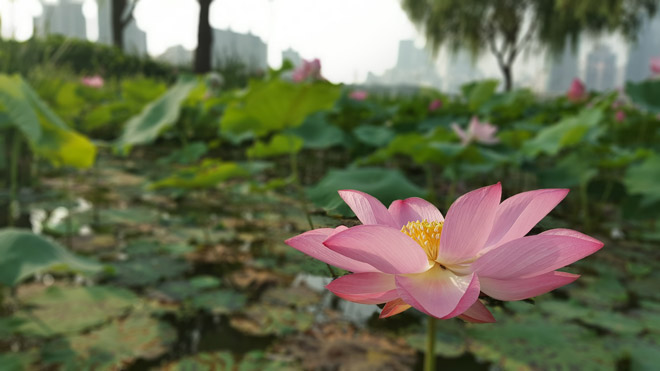By Guy Dauncey –
I can feel this future. I have written a novel about it. I love its colour and vibrancy, its harmony with Nature. But what is its name?

One of the realities of the spoken language is that unless a thing has a name, it doesn’t really exist. When we want to create something, we name it.
The feeling that comes to mind is one of Renaissance—the birth of a new vision, the promise of a new future. The Renaissance that was seeded in the 13th century and blossomed into glory in the 15th and 16th centuries filled people’s hearts, souls, and minds with art, imagination, and ideas. It took inspiration from the rediscovered science, art, and philosophy of ancient Greece and Rome. It made souls take flight, washing away the dull dogmatism and cruel muddy feudalism of a world where nothing much changed except by disease, disorder, and death.
Our stores and shopping malls are full of goods of every size, colour, and variety (excepting men’s clothing), but our souls are weighed down with sin—a new kind of sin that comes from knowing that our cellphones and coffee-makers leave behind a weary trail of exhausted and exploited workers, carbon emissions, and environmental grief. We observe the oceans filling up with plastic wastes, the insects disappearing, the bees dying, and the soil drying up or being washed away in torrents of mud.
People of all ages worry about the future, even more so the young, once they understand what it is that we are doing. And with good reason. Rationally, dystopia and collapse are quite reasonable predictions. When asked about the likely effects of global climate change in the next 50 to 100 years, 41 per cent of climate scientists replied, “severe or catastrophic.”
And yet I feel this other future that is already happening today. I see it being lived out in the lives of people who have decided that they want to contribute something positive, who want their lives to be rich and purposeful, who are working to start organic farms, create ecovillages, protect creeks, form co-operatives, share tools and books, organize festivals, lend money for social impact, run for council, start a social enterprise, start a Nature school.
So, what do we call it, this other future we are creating? The non-catastrophic one? It feels like a Renaissance, and yet if it is a rebirth of something buried deep within our ancestral memory, of a time when we lived far more co-operatively, when we gave without counting the cost, when we were supported in our time of need, when we remembered and respected our ancestors, and taught our children to understand the ways of the elders.
It was a time when we knew we were part of Nature, flesh and finger, limb and life. The river gave us water, the trees gave us fire, the plants and seeds gave us nourishment, the moose and elk gave us meat, the salmon gave us life, the deep dark caves gave us mystery, and what did we give back? We gave respect.
For hundreds of thousands of years, we lived this way. The habits of shared community are woven deep into the cultural memory of our bones. Memories, too, of belligerence, betrayal, danger, defeat and death, tribal honour and savage reprisal, but all in the larger context of trust and living community.
So, let us name what I feel is emerging, sprouting in souls, reaching towards the light. Let us name it EcoRenaissance—the rebirth of connection with Nature in all its threatened glory, and reconnection with community, our friend and neighbours who care about this beautiful planet, its incredible past, and its yet-to-be-realized future.
What does it feel like, to be part of this EcoRenaissance?
It feels connected. It feels joyful. That comes with gratitude for the beauty and the love that wants so much to find expression through us, in our lives.
It feels supported, by all who share this hope, who want to be part of this rebirth of ancient ways. It embraces the digital world, but when there is a choice between a human hug and an emoji hug, the human hug always wins. When there is a choice between a proper conversation and a ragtag trail of texts and emails, the conversation triumphs.
And it feels purposeful, especially once we have each found our niche, our project, our place of learning and commitment.
It is a world in which we live without waste and consume only what is necessary, where we respect all beings and eat far less meat. A world where we nourish the soil and respect all creatures, in which we earn our livelihoods with purpose and contribute to an economy that has a place for everyone. A world in which everyone has a home to live in and a village to call home, whether in the streets of a city or the rural quietness of forest and farm. A world in which we have put behind us the broken abusive threads of poverty, class, racism, power, sexism, and genderism, and all the miseries they induce.
EcoRenaissance. Feel the promise, bursting within us. Join with your friends, and make it happen.
Guy Dauncey is author of the novel Journey to the Future: A Better World Is Possible. www.journeytothefuture.ca. He lives near Ladysmith, on Vancouver Island.

